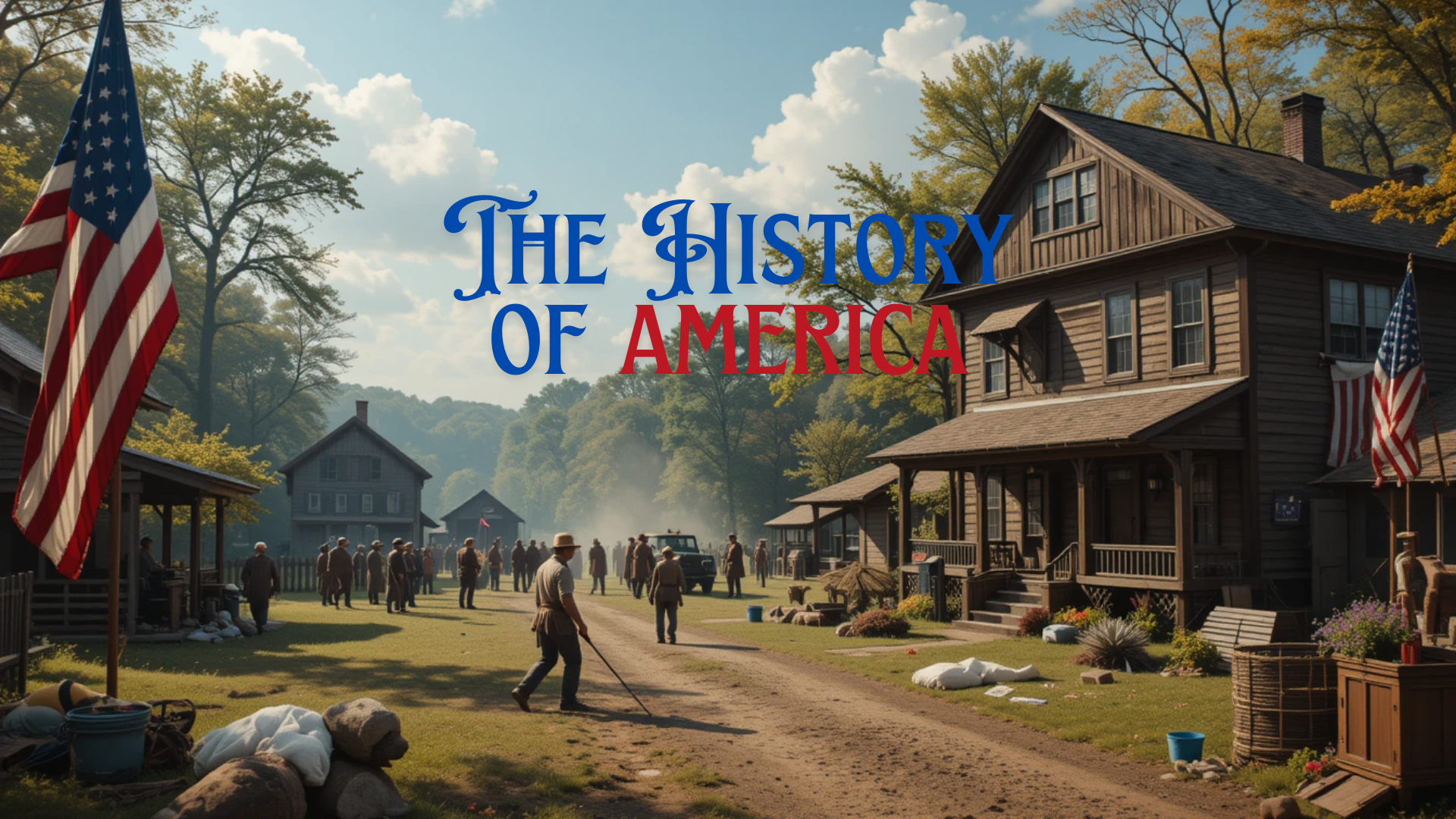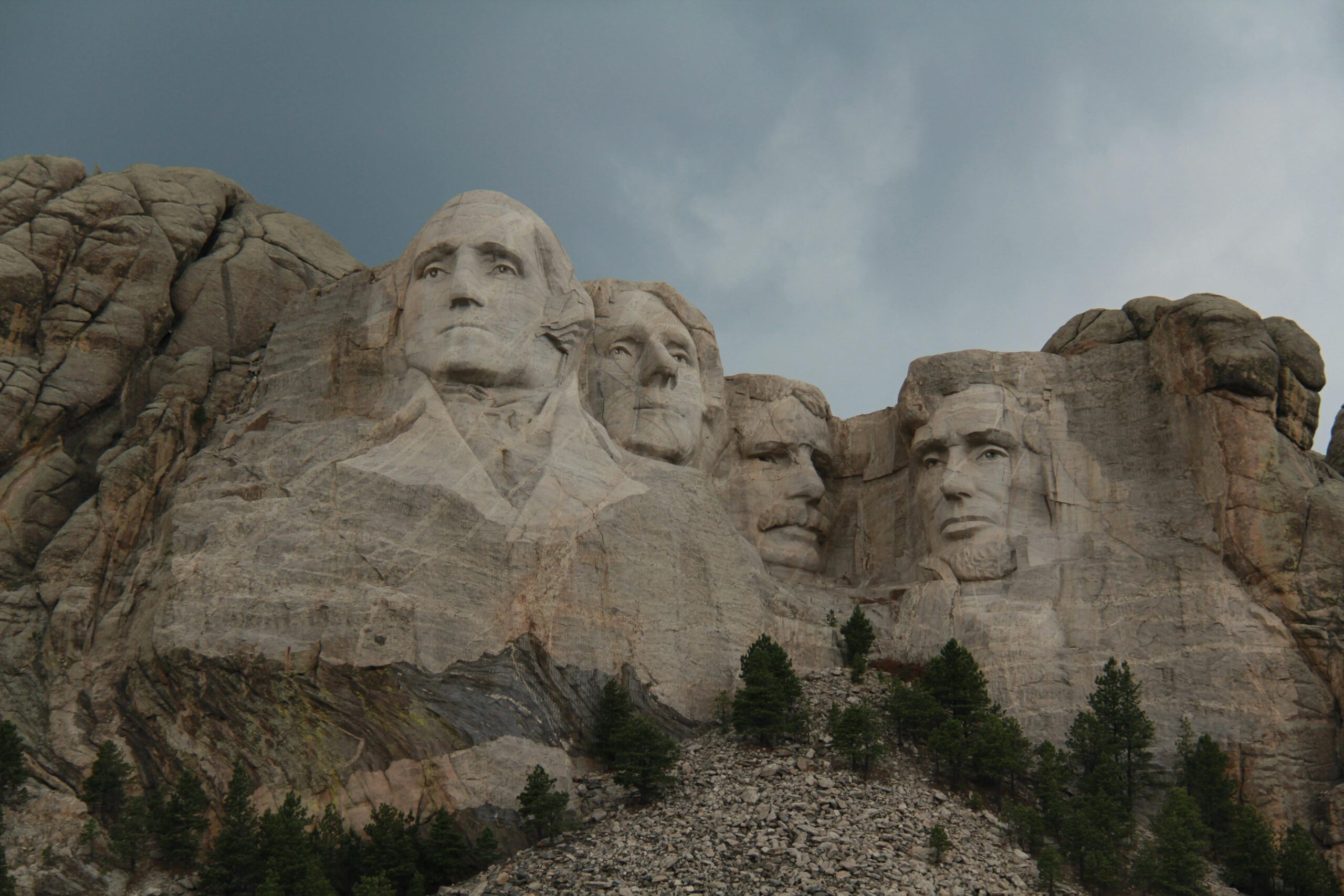
The History of America: A Comprehensive Overview
The history of America is a rich tapestry woven with diverse narratives, pivotal events, and transformative movements. From its earliest days to the present, understanding America’s past provides insight into its present and future.
Discovery and Early Settlement
When discussing the history of America, many start with Christopher Columbus, whose 1492 voyage is often credited with the “discovery” of the New World. However, this perspective overlooks the fact that Native American civilizations had been thriving on the continent for thousands of years. Additionally, Norse explorer Leif Erikson had likely reached parts of North America around the year 1000—centuries before Columbus. Thus, while Columbus’s expedition had a significant historical impact by initiating sustained contact between Europe and the Americas, he was not the first to arrive. The early colonization that followed—especially by the Spanish, French, Dutch, and English—laid the groundwork for the development of the 13 British colonies that would later seek independence.
Road to Revolution: America’s Independence
The history of America’s independence is one of courage and radical political thought. As the British government imposed a series of taxes and trade restrictions on its American colonies—such as the Stamp Act and the Townshend Acts—resistance began to grow. The infamous Boston Tea Party of 1773 and the subsequent punitive Intolerable Acts escalated tensions. In 1776, the Second Continental Congress adopted the Declaration of Independence, penned largely by Thomas Jefferson. This bold document proclaimed the colonies’ right to self-govern and ignited the Revolutionary War. After years of fighting and aid from France, the United States secured victory and international recognition with the Treaty of Paris in 1783.

Evolution of the American Flag
The history of America’s flag reflects its growth and unity. The current design, featuring 50 stars and 13 stripes, symbolizes the 50 states and the original 13 colonies. Over time, the flag has undergone several changes to represent the nation’s expansion. (Encyclopedia Britannica)
Literary Contributions
The history of American literature showcases the nation’s cultural and intellectual evolution. From early colonial writings to contemporary works, American literature offers insights into the country’s values, struggles, and aspirations.
Economic Policies and Tariffs
Tariffs have played a significant role in America’s economic history. The history of America’s tariffs includes measures like the Tariff Act of 1789, designed to protect budding industries and generate revenue. Over time, tariff policies have evolved, reflecting the nation’s shifting economic priorities. (Thomasnet)
Civil Rights and Movements
The black history of America is a testament to resilience and the pursuit of equality. From the abolition of slavery to the Civil Rights Movement, African Americans have continuously fought for justice and recognition.

Voting Rights Evolution
The history of voting rights in America has seen significant milestones. Key developments include the Voting Rights Act of 1965, which prohibited discriminatory practices, and the 26th Amendment in 1971, lowering the voting age to 18. (Constitution Center)
Understanding the history of America is crucial for grasping the nation’s identity and values. From its founding principles to ongoing struggles for equality, America’s past informs its present and shapes its future.
Also read: Forgotten Historical Events the World Overlooked (But Shouldn’t Have)
FAQ
Q1: Who is considered the worst president in the history of America?
Evaluations vary, but some historians cite James Buchanan for his inaction leading up to the Civil War.
Q2: What are the 12 eras of U.S. history in order?
- Pre-Columbian Era
- Colonial Period
- Revolutionary Era
- Early Republic
- Antebellum Period
- Civil War
- Reconstruction
- Gilded Age
- Progressive Era
- Great Depression and New Deal
- Post-War Era
- Contemporary Period(Live Science, Encyclopedia Britannica, Thomasnet)
Q3: Are there 52 countries in America?
No, “America” refers to the continents of North and South America, comprising multiple countries.
Q4: Who discovered America?
While Columbus’s 1492 voyage is notable, indigenous peoples inhabited the land long before, and Norse explorer Leif Erikson reached North America around 1000 AD.
Q5: When was America founded by Columbus?
Columbus arrived in the Americas in 1492, but he did not “found” America; he initiated European exploration of the continent.
Q6: When was America discovered?
The Americas were inhabited by indigenous peoples for millennia. European awareness began with Columbus’s voyage in 1492.
Q7: What is the main idea of America?
The United States was founded on principles of liberty, democracy, and the pursuit of happiness.
Q8: How important is American history?
Studying American history is vital for understanding the nation’s development, challenges, and contributions to the world.

Pingback: India Pakistan War: History, 2025 Update, Ceasefire & Who Won? - History Unfolded
Pingback: Events That Shaped the World: 10 Defining Moments in Global History - History Unfolded